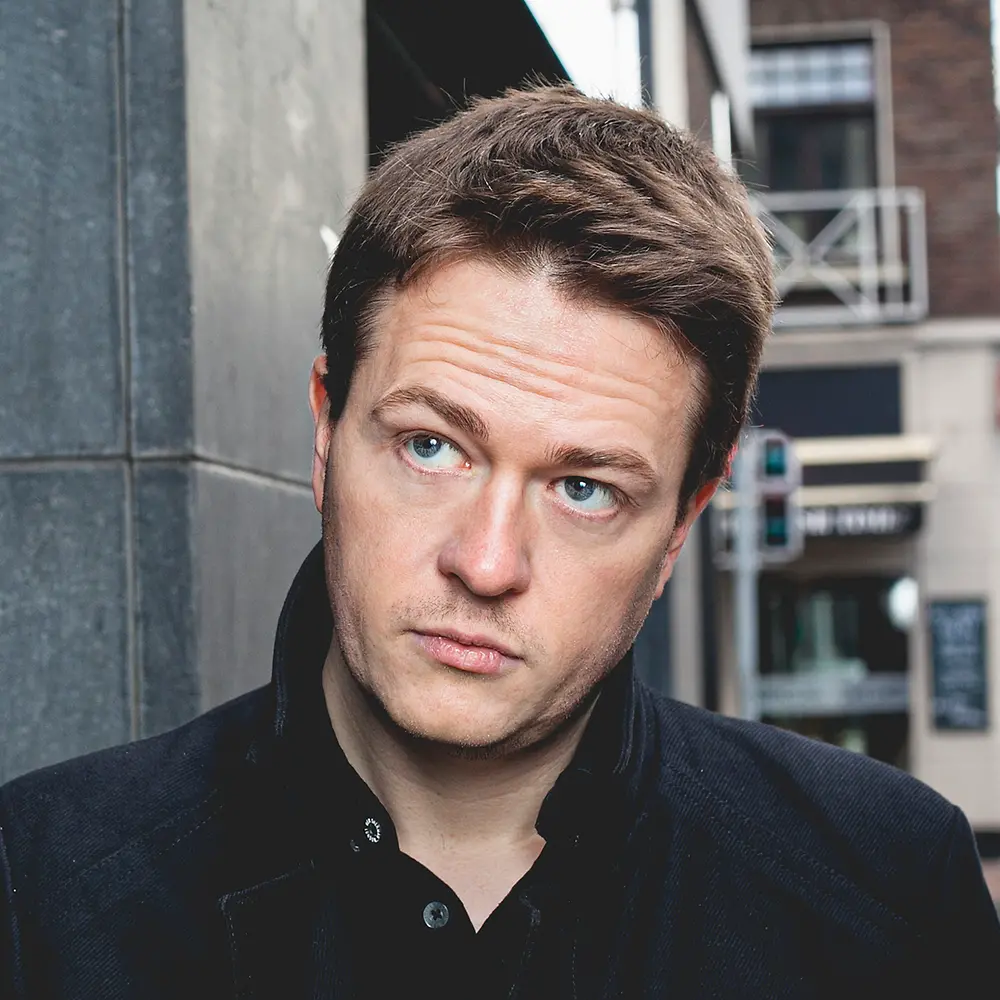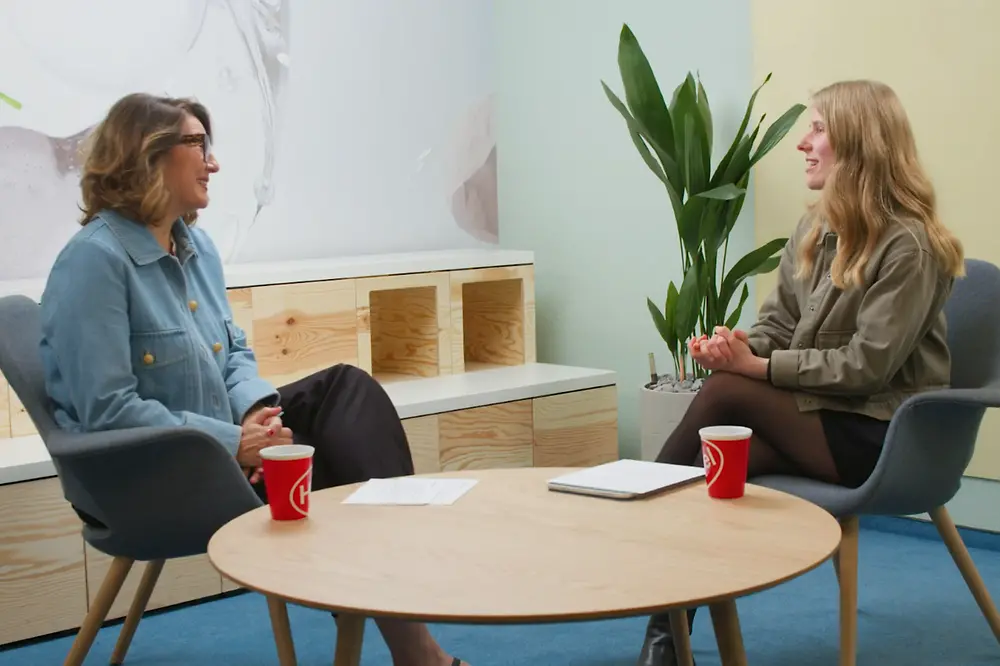Johann: I went on this journey for a very personal reason. Nowadays an average office worker is only able to focus on one task for a maximum of three minutes. For every one child who was identified with serious attention problems when I was seven years old, there's now 100 children identified with this problem. I travelled all over the world – from Moscow to Miami to Melbourne – to interview more than 200 of the leading experts on attention and focus to do a deep dive into their research. I wanted to find out: why is this happening, and what we can do to counteract it. Scientific findings show that there are twelve factors wrecking our ability to focus and to think deeply. They range very widely – from the way our offices work, to the food we eat, to how our kids’ schools work. Once we understand the science of why this is happening to all of us, we can actually deal with it.
Johann: I interviewed Professor Earl Miller, one of the leading neuroscientists at the Massachusetts Institute of Technology (MIT), and he explained to me a crucial fact about the human brain: You can only produce one or two thoughts in your conscious mind at once. That's it. But we believe that we can do several things at once – that we can, let’s say, write an article, while being interrupted by texts. But when neuroscientists studied this, they found that when people are doing this, they are actually juggling. They're switching back and forth. They don't notice the switching because their brain papers it over, to give a seamless experience of consciousness. But what they're actually doing is switching and reconfiguring their brain moment-to-moment, task-to-task – and that comes with a cost. The technical term for it is "the switch-cost effect." When you attempt to do more than one thing at a time, you do all the things you are trying to do much less competently. You make more mistakes, you remember less of what you're doing and you are a lot less creative. Being chronically interrupted is twice as bad for your intelligence.











